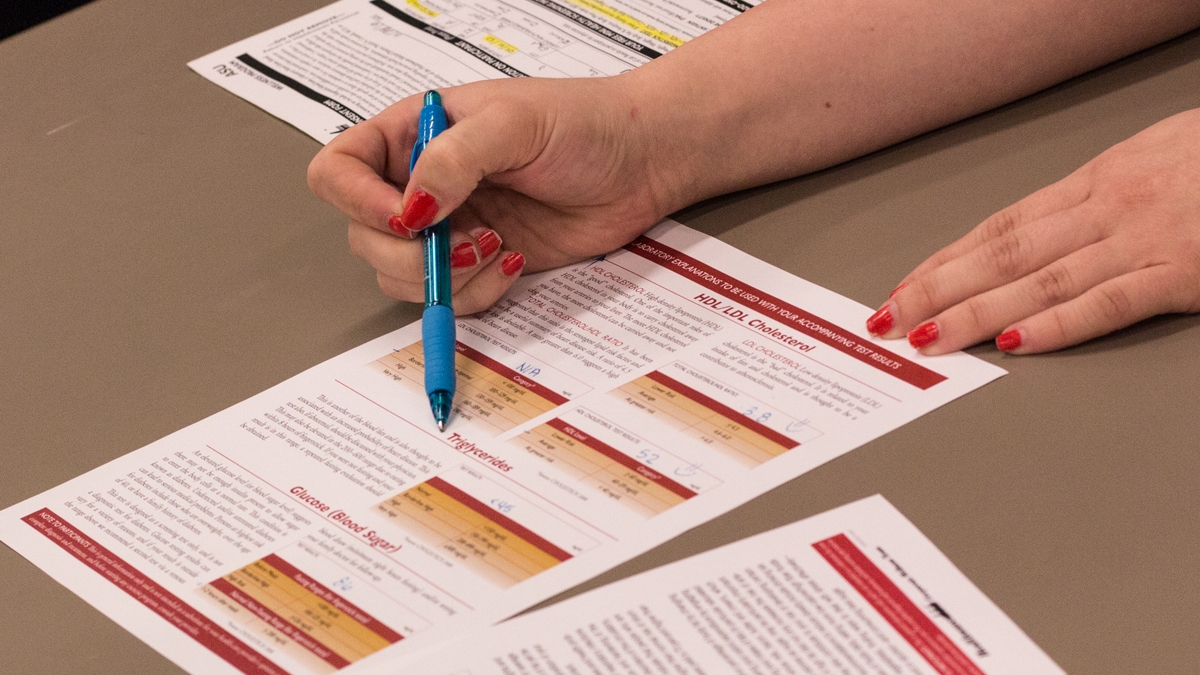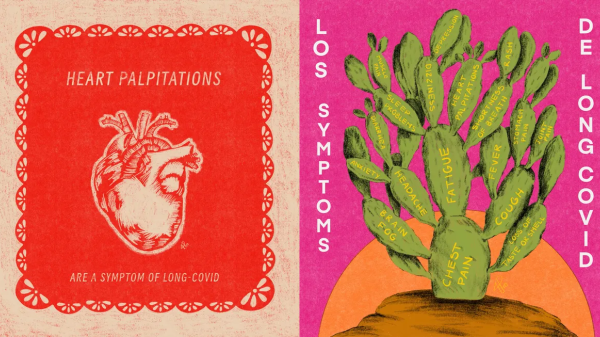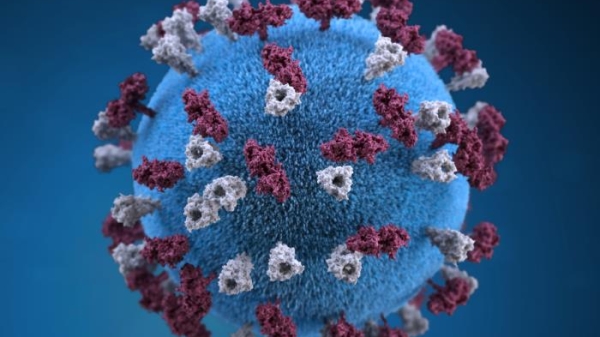A mini health screening can change your life
ASU employees can choose from a variety of tests

Employees can choose from a variety of tests, including cholesterol, blood pressure and triglycerides readings.
Kyle Rader, assistant director of research and graduate initiatives at Arizona State University's College of Liberal Arts and Sciences, needed a lifestyle change.
When he received an employee wellness email, he noticed the Employee Wellness Program was offering mini health screenings on all four campuses. He decided to make an appointment.
The basic 30-minute screenings offer immediate results and are free for all ASU benefits-eligible employees. Tests include cholesterol, blood pressure and triglycerides readings. Optional tests are available for a $20 copay.
“I had not been seeing a doctor regularly, and it seemed like a good way to get basic health information,” Rader says. “I have since lost 45 pounds. The screenings make it easy to keep track of my numbers and help me stay motivated.”
Based on his experience with the screenings, Rader is now a regular attendee. A group of coworkers often join him. While Rader is interested the height, weight and body mass index, some of his coworkers decide to pay for the optional tests.
“Wellness means being your optimal self physically, mentally and emotionally,” says Kevin Salcido, vice president for human resources/chief human resources officer. “The wellness programs managed by the Office of Human Resources’ Employee Assistance Office are available to all those who want to invest in their health. We welcome participation from all ASU campuses.”
The next mini health screening will be held July 12 on the Tempe campus. Employees need their ASU ID card and Benefits Options insurance cards when they arrive for their appointment.
To schedule an appointment, view the posting on ASU Events.
For more information, visit the screenings web page or contact Liz Badalamenti.
More Health and medicine

Health communication program brings long COVID awareness to Latinos
After COVID-19 hit the Latino community especially hard, Gilberto Lopez created COVIDLatino, a health communication program…

Gates Foundation to fund research on antibiotic resistance
Antibiotic resistance, what happens when germs develop the ability to defeat the drugs designed to kill them, is a growing…

ASU epidemiologist on the rise in US measles cases
The Centers for Disease Control and Prevention issued an alert this month about a rise in measles cases worldwide. And as of…